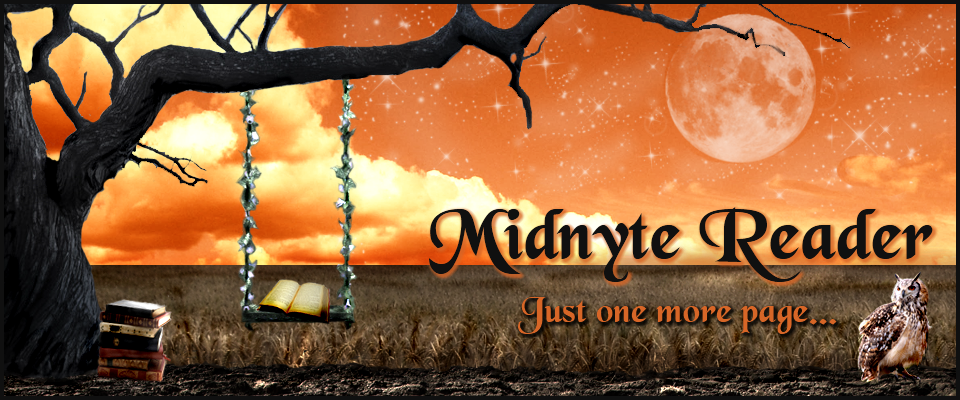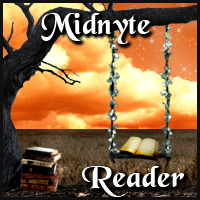The latest news on books, publishing and other literary tidbits.
Today's Roving Readers Report is brought to you by resident info junkie Mona.
Rover to Reader:
Welcome to the Jungle, part 2
This is part 2 in an ongoing analysys of Amazon's newest deal to publish fanfiction and pay royalties to authors and copyright holders for stories sold.
Disclosure: I’ve served as a hired pen and editor of licensed publishing. I’ve also posted my own fan fiction opus (teenage hottie superheroes in birdsuits!) without any monetary recompense, yet.
Disclosure: I’ve served as a hired pen and editor of licensed publishing. I’ve also posted my own fan fiction opus (teenage hottie superheroes in birdsuits!) without any monetary recompense, yet.
In a content-rich world, it’s getting mighty
confusing who owns what and who should get paid. This is my analysis of the ever-changing
publishing landscape and why writers can rejoice and be wary.
Traditional publishing is racing to keep up with
the digital content streaming out of writers’ computers and into readers’ phones.
Publishers of every format constantly hunt for the next Big Deal. The writer
whose work ignites a phenomenon can come from anywhere: a mother who scribbles
a middle-grade series between her child’s naps; a wife expanding a dream into a
supernatural trilogy; a fan of a franchise playing the “What If…?” game by
writing her own stories and changing the names to protect her copyright.
Editors had been bringing popular, self-pubbed authors
(Amanda Hocking) into their publishing house. Now they could start scouring the
wildest jungle from where E.L. James emerged: the fan fiction universe.
For those uninitiated (oh what fun you are due),
fan fiction is where writers go to play. Any writer. Not just newbies cutting
literary teeth. Pros using pseudonyms (and not) are there blowing off steam. It’s
a game of “What If…?” that oils the gears of the imagination and the sticky
wheels of writing mechanics. Fans of another writer’s copyrighted characters
can write in that universe (Star Wars, Harry Potter, Japanese anime, video
games, everything goes) and spin their own stories without fear. Go write, with
a safety net. The world has been built for you. And you can mess it up minus
consequences. You never have to show it or you can post it on a website for
free and nobody laughs at you because they’re doing it too! It’s not plagiarism
because it’s not copying per sec. It is for FUN to be had by writers and
readers free of copyright infringement lawsuits because no monies are gained
through publication.
Until E.L. James unveiled Fifty Shades of Grey. Its origin story: A fan of Stephanie Meyer’s Twilight series, she supposedly wrote naughty
stories starring Meyer’s characters that lots of people enjoyed reading for
free online. A make-money lightbulb flashed on in someone’s head. Names and
scenarios were changed, thereby separating it from the copyright of the
inspiring source material and resulting in an original work that became a
publishing phenomenon.
Whatever the origin, good for all. Good for E.L
James who launched a profitable writing career. Good for readers to enjoy (or
not) in public (or private). Good for writers to be inspired and bookstore owners
to sell books and the publisher smart enough to capitalize on it (Random House,
the biggest fish at the time). The success of this new formula ignited the hunt
for fresh writers. Some misinterpreted the goal as finding writers of soft
porn. Amazon looked for unincorporated territory to explore.
The book industry bemoans Amazon of devouring the
business from all sides. It ate the brick-and-mortar bookstores through
price-cutting and spat out its own line of imprints through self-published
superstars. Now it’s steamrolling through licensed publishing by seducing naïve
fan fiction writers. Maybe.
When I discovered the secret world of fanfic, I
wept with joy. My fandom (the beloved franchise) continued to live on although
it was no longer on TV or in bookstores. My family (the characters) continued
to love, fight, and go on adventures. There were mash-ups of worlds (CSI hires
Buffy) and shipper fantasies set sail (I knew s/he liked hir). All created by
the minds and hands of other artists. Some of the most exquisite writers yet to
be discovered were building this sanctuary and filling it with beautiful
stories – in drabbles and to epic lengths – that could never be officially
published because of copyright laws. That was the rule we understood. We
couldn’t make money off another’s world.
Until Amazon’s deal to publish fan fiction of a
“few licenses” such as The Vampire
Diaries and Pretty Little Liars to
start the Kindle Worlds river flowing with a revenue stream to the copyright
holders and (gasp!) even the fan fiction writer.
So what do I think of this opportunity? Rejoice,
Writers! Bring out your secret works and dance by the fire. I’ve got my fanfic
opus ready. But what will this do for me? Make me a published professional
author earning money? Maybe…. Beware, Writers! The hunters have entered our jungle.
Careful where you step, there may be traps. Read the fine print before checking
that box. The copyright owner still holds the copyright; however, Amazon now owns
your story. What will they do with it? You may hold copyrights for your
original characters… until someone else decides to play in your universe. Do I
want to share my toys?
The jungle has its rules and we play by them: eat
or be eaten. Publish or perish. The Internet gifted us with immortality and
anonymity. How do we use these gifts? Wisely, please, and thanks for the fun.






























































